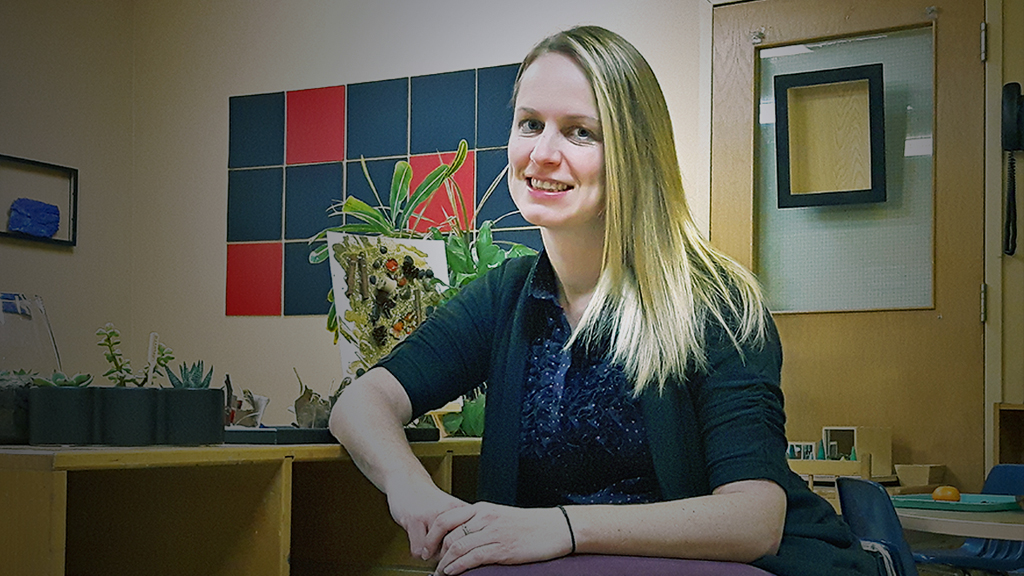Katie Stortz is an RECE, a professional learning educator for London Children’s Connection, and recently completed a Masters of Professional Education at Western University. As part of her research, Katie studied communities of practice in two child care centres. We talked to her about what she learned and the benefits to RECEs.
How do you explain a community of practice to someone who isn’t familiar with the term?
I tell them that a community of practice is a group of people who share a common interest for something they do, and want to do it better. I also like to remind educators that they are already skilled professionals, who are learning every day. Joining a community of practice is an opportunity to move forward, together, and apply what you learn in your child care program.
What would you say to RECEs who want to form a community of practice, but aren’t sure where to start?
Start small. Bring your colleagues together and involve them in the planning process. What do we want to talk about? How often should we meet? Inviting your team to be part of these decisions increases participation and creates a sense of belonging.
What is the biggest benefit to joining a community of practice?
The relationships are, by far, the biggest benefit. An educator in our pilot project said, “I enjoy that this reflective practice is away from the children so that we can focus on one another’s needs and ideas. I am able to learn more about my colleagues and bring valuable information back to the table.”
Within just a couple of months, you start to see the difference this makes to the programs and to the children, as well. Everyone benefits!
How can communities of practice support an RECE’s Continuous Professional Learning (CPL)?
Communities of practice are one way for RECEs to focus on accomplishing their professional learning goals. These group meetings are a unique experience where educators can talk about what is happening in their program, their common interests, and delve deeper into the resources and supports they need to grow. For example, other learning activities such as reading articles, watching videos or webinars, or simply talking about your classroom experiences can be part of a community of practice.
Interested in learning more? Download the CPL Resource – Communities of Practice, or visit the CPL Program page.
“Don’t give up. It’s called a practice because you are just practising. Some days are easier than others; having the support of a team really helps so we can encourage, provoke and support each other’s practice on a regular basis.” – RECE and Community of Practice participant

